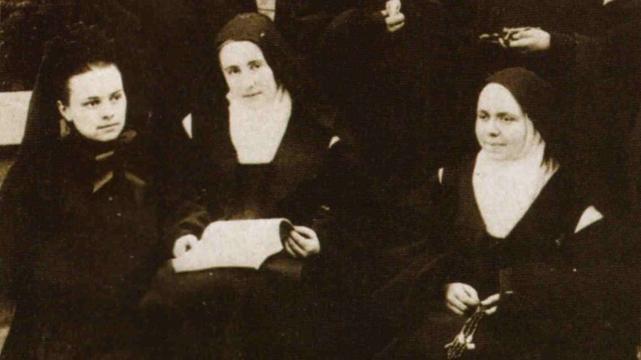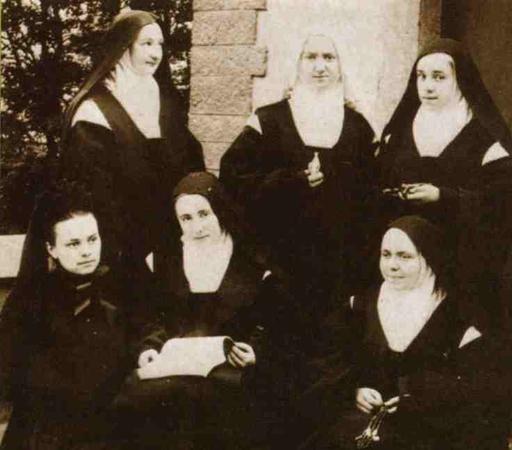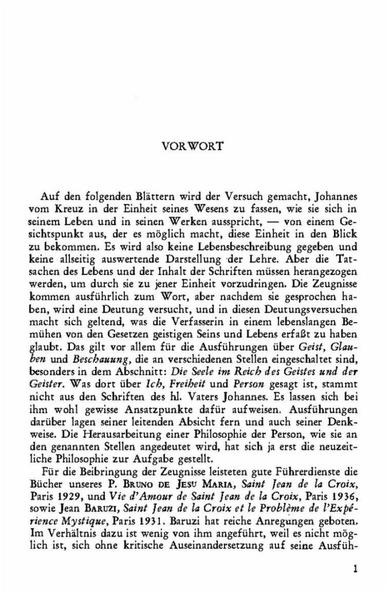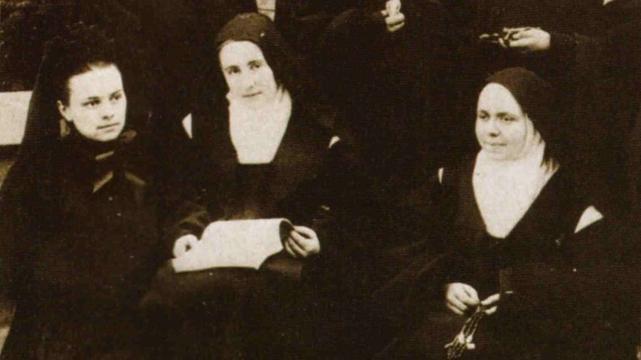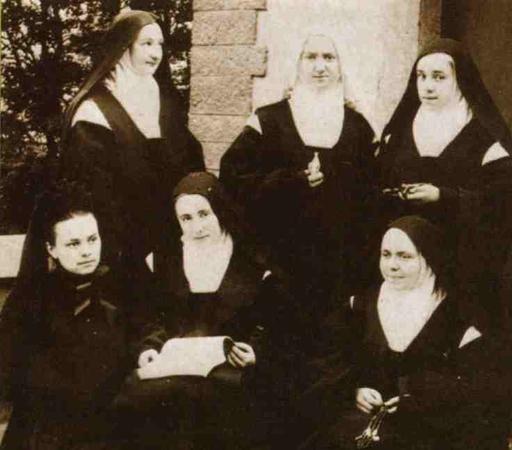Quote of the day, 9 October: St. Elizabeth of the Trinity
We’re having a holiday in Carmel, for our elections took place yesterday [9 October].
Oh! if you knew how, in taking away our good Mother whom I loved so much, God has given me two others who are so good, so good! You see, it is delightful, and that makes me love still more this good Master who spoils His little one so much.
Our dear Mother Sub-Prioress was elected Prioress, and my good Angel, Sub-Prioress; this good news is really going to delight my dear little Mama, and I’ve been anxious to announce it to you.
Because of the elections, we’re having a free day, that is, we can have little visits with each other during the day. But, you see, the life of a Carmelite is silence, so she loves that above all!
Saint Elizabeth of the Trinity
Letter 97 to her sister Guite (excerpt)
Note: According to the Book of Elections of the Dijon Carmel, it was indeed “yesterday,” on October 9, 1901, that Mother Germaine of Jesus (who also held the office of Mistress of Novices) was elected Prioress and Sister Marie of the Trinity (who remained Elizabeth’s “Angel” during these first days), Sub-Prioress. The two religious, aged 31 and 26 respectively, bore the title “Mother” by virtue of their office. The prioress who was “taken away” from the community in Dijon was Mother Marie of Jesus, who became the founding prioress of the Carmel of Paray-le-Monial.
Mother Germaine (seated, center) holds an early copy of Story of a Soul. Photo taken on the terrace leading to the infirmary, 5 August 1901, three days after Elizabeth entered the Carmel of Dijon.Front row, L-R: Postulant Elizabeth, Mother Germaine, Sister Geneviève of the Trinity
Back row, L-R: Sister Marie of the Trinity, Sister Hélène of Jesus, Sister Agnès of Jesus-Maria
Image credit: Discalced Carmelites (By permission)
Elizabeth of the Trinity, S 2003, The Complete Works of Elizabeth of the Trinity volume 2: Letters from Carmel, translated from the French by Nash, A, ICS Publications, Washington DC.
#elections #monasticLife #MotherGermaine #silence #StElizabethOfTheTrinity
